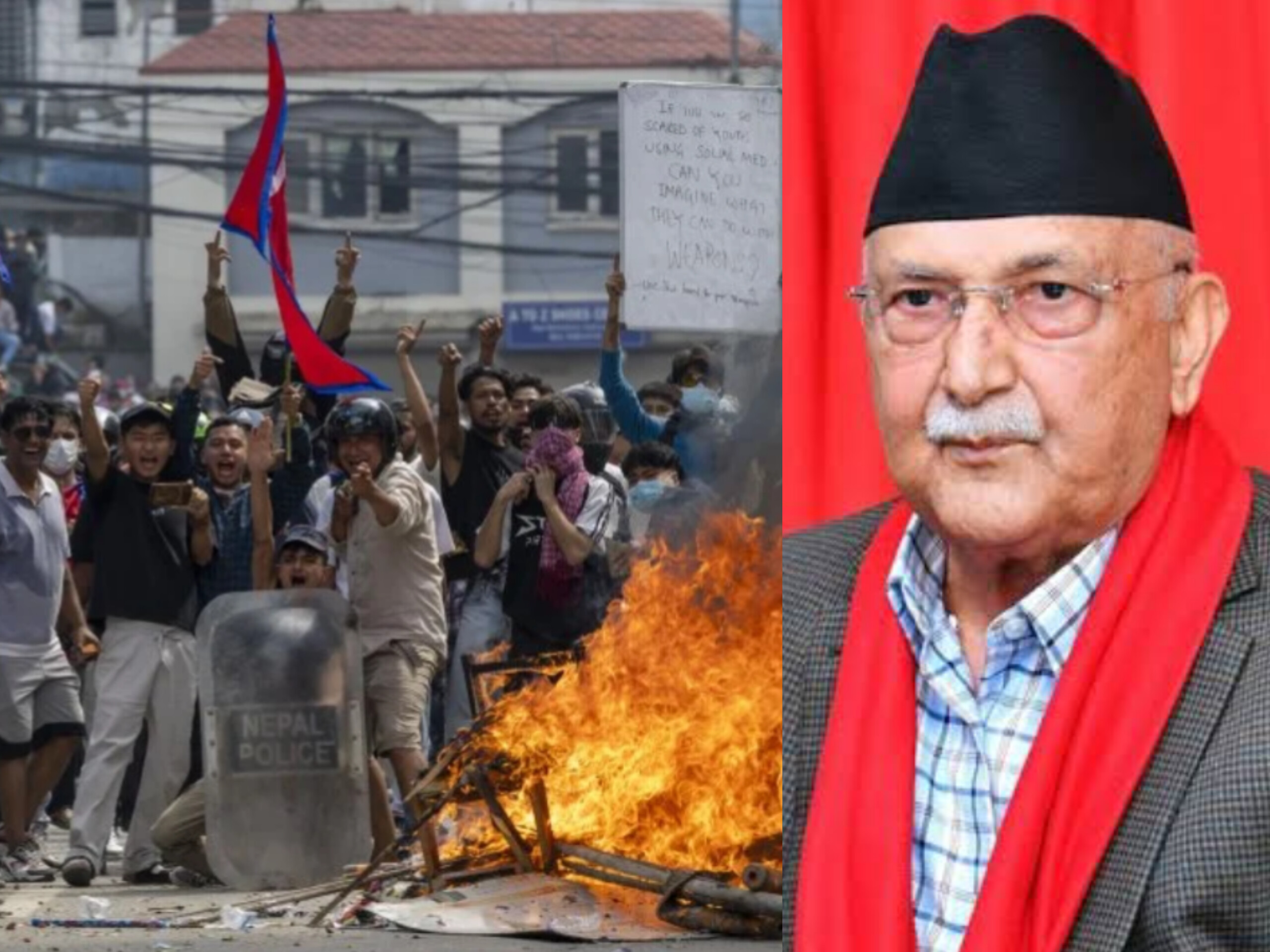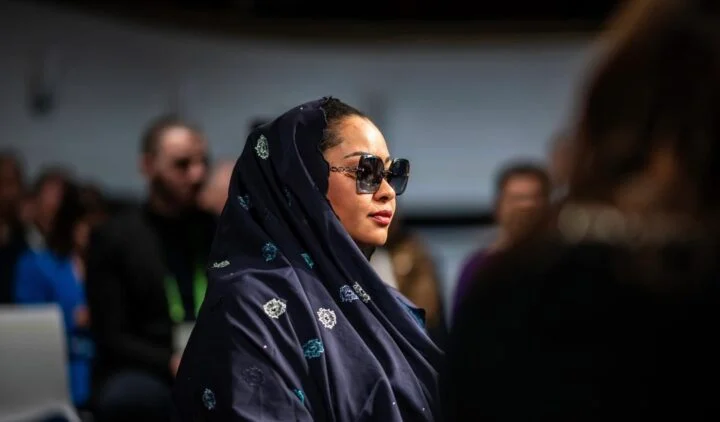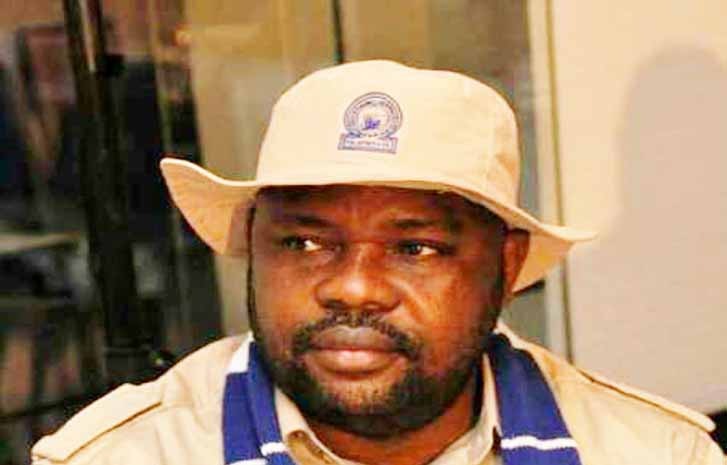The United Nations Development Programme (UNDP), the global development network of the United Nations, has partnered with the Tony Elumelu Foundation (TEF) — Africa’s leading philanthropy committed to empowering entrepreneurs — to train, mentor and financially support 100,000 young entrepreneurs in Africa over 10 years towards the achievement of the Sustainable Development Goals (SDGs) and the African Union’s Agenda 2063.
The TEF-UNDP Sahel Youth Entrepreneurship Programme, which is expected to mobilize support for businesses, aims to generate millions of new jobs and contribute at least $10 billion in new annual revenues across Africa.
This was announced today at the 12th Extraordinary Session of the Assembly of the African Union (AU), where TEF Founder, Tony Elumelu and UNDP Regional Director for Africa, Ahunna Eziakonwa joined African Presidents at the African Continental Free Trade Area (AfCFTA) Business Forum, where the agreement was signed. The President of Niger, H.E Mahamadou Issoufou joined UNDP and TEF to launch the programme.
The partnership will target young Africans in under-served communities, starting with the Sahel, given the region’s opportunity as the youngest population in the world with 194 million people under 25 years of age (64.5% of the total population). The TEF-UNDP Sahel Youth Entrepreneurship Programme will be implemented through TEF’s flagship Entrepreneurship Programme, which has already benefited 7,520 local entrepreneurs across 54 African countries in just five years of existence. Similarly, the programme builds on UNDP’s YouthConnekt initiative. The aim is to increase job creation through dynamic entrepreneurship and create sustainable economic growth that anchors the development of communities and states.
Speaking on the partnership, Ms. Ahunna Eziakonwa, Assistant Secretary-General and UNDP Regional Director for Africa stated that: “We see Sahel as a land of many opportunities and investing in the youth is a pre-condition to stabilizing the region. The youth should be at the heart of any development agenda. We need to invest in their potential, talent, energy and enthusiasm and create the opportunity for them to fully realize their dreams. That is why UNDP is co-creating development solutions by investing in entrepreneurship models to promote inclusive growth. Partnership with the Sahelian youth entrepreneur is a catalyst for transformation and sustainable development. We call on other private sector entities to join the Tony Elumelu Foundation to support young entrepreneurs”.
On her part, CEO of the Tony Elumelu Foundation, Ifeyinwa Ugochukwu said: “Our partnership with UNDP is welcome and timely – it will directly assist entrepreneurial success in a number of fragile areas and is a testament to the validated approach to philanthropy we have pioneered. Africa needs partners that do not only believe in the potential of its private sector to champion economic development, but backs this with commitment. With this agreement, UNDP has proven to be a true partner to Africa’s entrepreneurs and has demonstrated its commitment to work with us to scale up the impact of this initiative and eliminate poverty on the continent”.
The TEF-UNDP programme is fully aligned with the 1 Million by 2021 Initiative of the Chairperson of the African Union Commission, His Excellency Moussa Faki Mahamat. Launched in April at the AU Headquarters in Addis Ababa, the 1 Million by 2021 Initiative aims to concretely reach 1 million African youth from across the continent with opportunities and interventions in the key areas of Education, Entrepreneurship, Employment and Engagement (4Es) to accelerate Africa’s socio-economic development.
The Chairperson of the AUC speaking at the launch of the 1 Million by 2021 initiative said: “The1 Million by 2021 initiative is an African call to action that aims to ensure that no young persons aged 15-35 is left behind. The initiative adopts a Pan-African outlook and facilitates strategic partnerships to open up new opportunities for young people on the continent…The AU has the expertise, convening power and continental reach at our disposal but that
alone cannot guarantee success. We need commitment from our public and private sector partners to achieve success. In the face of our overwhelming task, a collective effort is necessary to stand and succeed. In Africa, we say, ‘Broomsticks bound together are difficult to break. This is the approach that I implore us to take”.
Through the TEF-UNDP partnership, the selected applicants will each receive a maximum of $5,000 non-refundable seed capital, access to mentors, a 12-week business training and networking opportunities. They will join the previously announced 3,051 beneficiaries of the 2019 cohort of the TEF Entrepreneurship Programme.
The applications will be run on TEFConnect, the largest digital networking platform for African entrepreneurs and forms will be available in any of the branches of the United Bank for Africa (UBA). Following the end of the application window, an initial longlist of 5,500 applicants will be selected to undergo the 12-week business training. After the training, the final shortlist of 2,000 applicants will be announced to join the previous 2019 TEF cohort.

 BIG STORY4 days ago
BIG STORY4 days ago
 BIG STORY3 days ago
BIG STORY3 days ago
 BIG STORY20 hours ago
BIG STORY20 hours ago
 BIG STORY3 days ago
BIG STORY3 days ago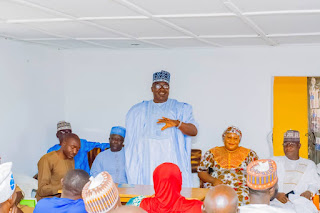
 BIG STORY3 days ago
BIG STORY3 days ago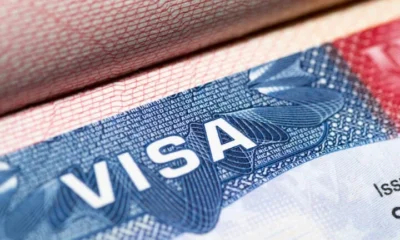
 BIG STORY1 day ago
BIG STORY1 day ago
 BIG STORY4 hours ago
BIG STORY4 hours ago
 BIG STORY4 days ago
BIG STORY4 days ago







